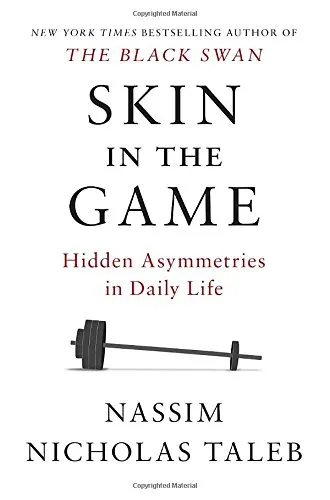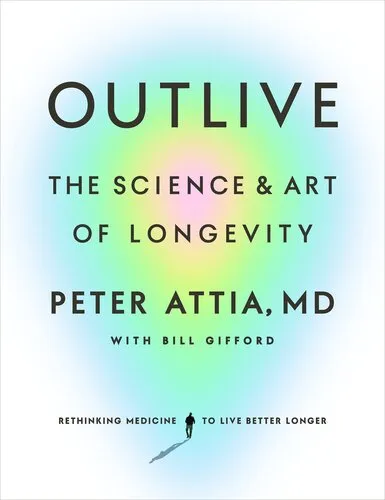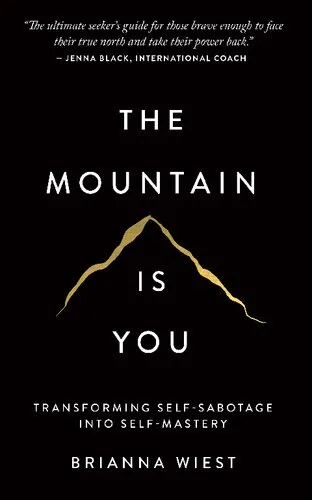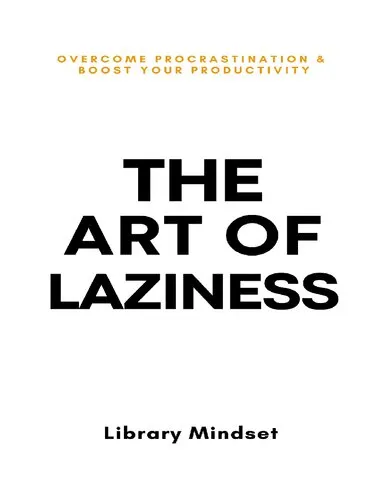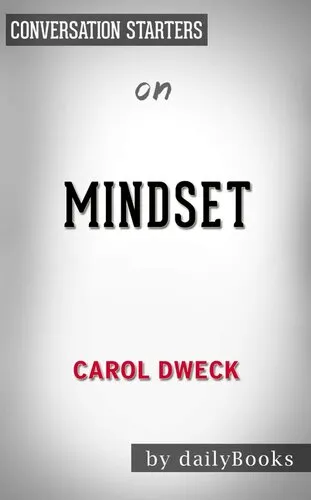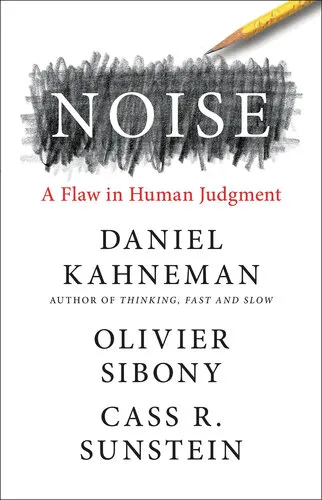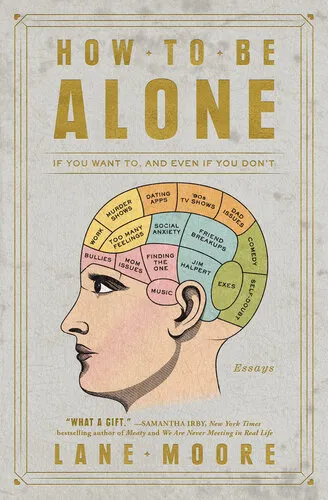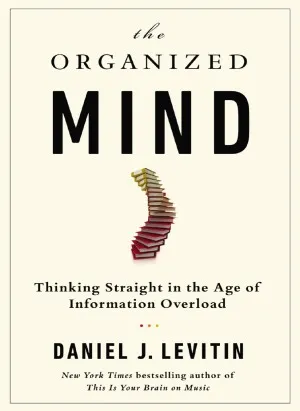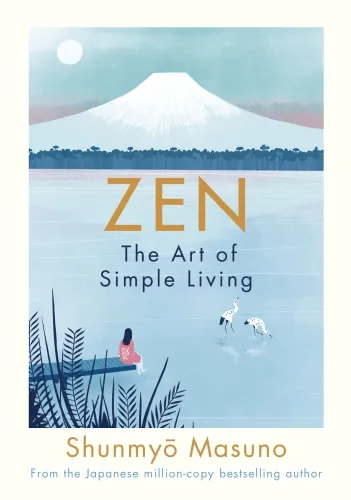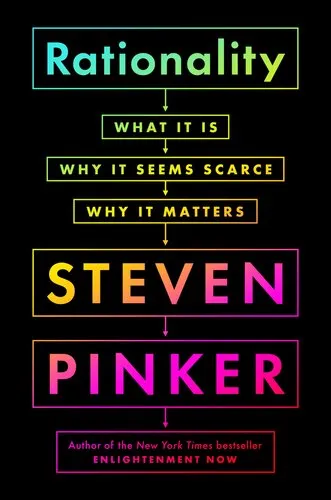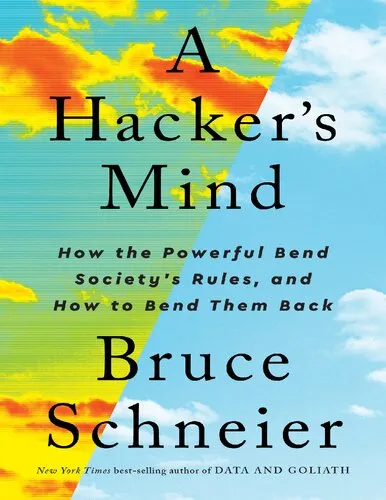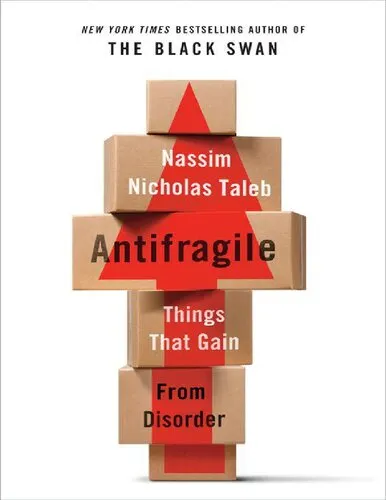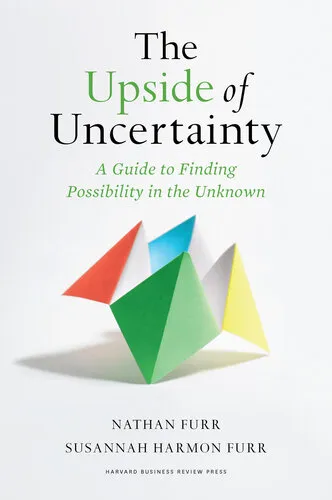Skin in the Game: Hidden Asymmetries in Daily Life
4.4
بر اساس نظر کاربران

شما میتونید سوالاتتون در باره کتاب رو از هوش مصنوعیش بعد از ورود بپرسید
هر دانلود یا پرسش از هوش مصنوعی 2 امتیاز لازم دارد، برای بدست آوردن امتیاز رایگان، به صفحه ی راهنمای امتیازات سر بزنید و یک سری کار ارزشمند انجام بدینکتاب های مرتبط:
معرفی کتاب "Skin in the Game: Hidden Asymmetries in Daily Life"
کتاب "Skin in the Game: Hidden Asymmetries in Daily Life" نوشته نسیم نیکولاس طالب به بررسی مفهوم فروشندگی و مشارکت واقعی در دنیای مدرن میپردازد. این کتاب یکی از آثار برجسته طالب است که به رابطه میان مسئولیت، ریسکپذیری و حقوق خصوصی میپردازد.
خلاصه کتاب
کتاب "Skin in the Game" به بررسی مفهوم عدم تقارنها در زندگی روزمره میپردازد. طالب در این کتاب بیان میکند که برای اینکه بتوان به طور واقعی در تصمیمگیریها موثر بود، افراد باید در نتیجه آن تصمیمات سهم داشته باشند. داشتن "Skin in the Game" به این معنی است که فرد نه تنها از نتایج مثبت، بلکه از نتایج منفی تصمیمات خود نیز تأثیر میپذیرد. این کتاب به تفاوت میان نظریه و عمل میپردازد و نشان میدهد که چگونه کسانی که هزینه اشتباهاتشان را نمیپردازند، انگیزه کمی برای جلوگیری از پیامدهای منفی دارند.
نکات کلیدی
اهمیت مسئولیتپذیری در تصمیمگیریها
تفاوت میان کسانی که در معرض ریسک هستند و کسانی که از آن مصونند
بررسی اثرات تصمیمگیریهایی که تبعیضها و عدم تقارنها را در جامعه تعمیق میکنند
نقش Skin in the Game در مدیریت و اقتصاد
اقتباسهای معروف از کتاب
“If you do not take risks for your opinion, you are nothing.”
“Avoid taking advice from someone who gives advice for a living, unless there is a penalty for their advice.”
چرا این کتاب اهمیت دارد؟
کتاب "Skin in the Game" به مخاطبان کمک میکند تا ارتباط میان مسئولیت اجتماعی، اخلاق و موفقیت فردی را بهتر درک کنند. این کتاب خوانندگان را تشویق میکند تا در تمامی عرصههای زندگی، از سیاست تا اقتصاد و زندگی روزمره، به مسئولیتپذیری و پذیرش ریسک توجه بیشتری نشان دهند. با افزایش آگاهی از چگونگی اعمال قدرت و تأثیرگذاری تصمیمات، این کتاب میتواند به خوانندگان کمک کند تا به طور موثرتری در جامعه و زندگی روزمره عمل کنند.
Nassim Nicholas Taleb's "Skin in the Game: Hidden Asymmetries in Daily Life" is a thought-provoking exploration into the underlying principles and asymmetries that shape our socio-economic and personal domains. This book delves into the importance of having real stakes in the game of life, a notion that Taleb argues is essential for fairness, efficiency, and risk management.
Summary of the Book
In "Skin in the Game," Taleb presents a profound analysis of how decision-making, ethics, and risk are deeply interconnected through the principle of having something to lose—or "skin in the game." The book builds upon concepts introduced in Taleb's previous works, such as "The Black Swan" and "Antifragile," to highlight how individuals and systems without direct exposure to risks are likely to make inferior choices that jeopardize society's overall welfare.
The book discusses how individuals are often involved in decision-making processes without bearing the consequences of their decisions. This separation creates asymmetries that can lead to systemic risks and social injustices. Taleb emphasizes that when people have skin in the game, it aligns incentives, promoting more ethical behavior and superior decision-making. Throughout its pages, the book explores historical, philosophical, and practical dimensions of this principle, illustrating its application from business and politics to personal relationships and day-to-day life.
Key Takeaways
- Having skin in the game is crucial for ethics and rational decision-making.
- Risks should be shared by those involved in decision-making to avoid negative externalities.
- Asymmetries where decision-makers do not suffer the consequences of their decisions lead to fragility and instability.
- True knowledge and understanding come from individuals and systems that have been exposed to risk and uncertainty.
- The book challenges prevailing notions of fairness and justice, emphasizing the need for accountability.
Famous Quotes from the Book
"When you have skin in the game, you do not need to predict the future; you make it."
"The curse of modernity is that we are increasingly populated by a class of people who are better at explaining than understanding, or better at explaining than doing."
Why This Book Matters
"Skin in the Game" is significant for its incisive critique of modern systems and institutions that function without accountability. By laying bare the anomalies and dangers of such systems, Taleb makes a compelling case for restructuring them to ensure that everyone participates in the risk-reward continuum. This book is essential reading for anyone interested in ethics, economics, and the philosophy of risk. It serves as a guide for fostering robust systems where individuals and organizations are incentivized to act prudently and ethically.
The compelling arguments and real-world examples Taleb provides make it a relevant discourse for professionals in all fields, from policymakers and business leaders to educators and health practitioners. It reminds us of the urgency of integrating personal stakes into our decisions, rendering a world both fairer and more prosperous.
دانلود رایگان مستقیم
شما میتونید سوالاتتون در باره کتاب رو از هوش مصنوعیش بعد از ورود بپرسید
دسترسی به کتابها از طریق پلتفرمهای قانونی و کتابخانههای عمومی نه تنها از حقوق نویسندگان و ناشران حمایت میکند، بلکه به پایداری فرهنگ کتابخوانی نیز کمک میرساند. پیش از دانلود، لحظهای به بررسی این گزینهها فکر کنید.
این کتاب رو در پلتفرم های دیگه ببینید
WorldCat به شما کمک میکنه تا کتاب ها رو در کتابخانه های سراسر دنیا پیدا کنید
امتیازها، نظرات تخصصی و صحبت ها درباره کتاب را در Goodreads ببینید
کتابهای کمیاب یا دست دوم را در AbeBooks پیدا کنید و بخرید
1285
بازدید4.4
امتیاز0
نظر98%
رضایتنظرات:
4.4
بر اساس 0 نظر کاربران
Questions & Answers
Ask questions about this book or help others by answering
No questions yet. Be the first to ask!
